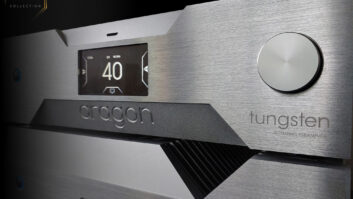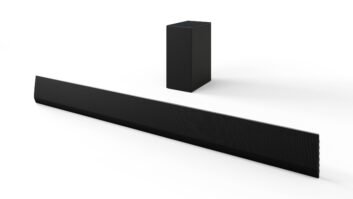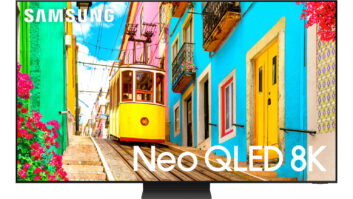After months of negotiations with two suitors, directors of General Motors and its subsidiary Hughes Electronics agreed to spin off Hughes and its DirecTV unit from GM and merge it with rival EchoStar.
Under the proposed deal, which must be approved by GMH stock holders and go through up to a year of federal regulatory scrutiny, EchoStar CEO Charlie Ergen will head the merged entity and control 18 percent of the stock. GMH/Hughes stockholders will retain 53 percent control of the operation, GM shareholders will control 11 percent, and EchoStar’s public shareholders will have 18 percent.
Based on closing prices Friday, Oct. 26, the stock and cash transaction was valued at approximately $25.8 billion. The deal offered Hughes shareholders a 20 percent premium, and Ergen pledged $2.75 billion of his own stock as collateral for the loan, after one bank dropped out of backing the venture. Deutsche Bank will back another $2.75 billion.
The decision came a day after News Corp. chairman Rupert Murdoch, who had been negotiating against EchoStar for control of Hughes, broke off talks in frustration. Murdoch had hoped to merge Hughes into his SkyGlobal satellite TV venture, which would have dominated most of the world’s subscription satellite TV services.
Ergen said he, EchoStar president Michael Dugan, DirecTV president Eddy Hartenstein and Hughes CEO Jack Shaw will form a transition team to figure out logistics for combining the two ventures. Executives with GM said they expect the merger to close sometime in the second half of 2002. Ergen said one thing the team will decide is how to standardize the two platforms into a new hybrid system. That would likely involve replacing equipment for some or all of the 17.4 million subscribers of the combined company, but Hartenstein vowed any equipment change outs would likely be made at no cost to subscribers and with no inconveniences.
The combined company would be called the New EchoStar and DirecTV would be the brand name for its services, executives said.
In announcing the deal at a New York press conference, Ergen said combining EchoStar and DirecTV will create powerful synergies enabling a satellite company to compete against cable operators on “a level playing field” for the first time.
Among the benefits of a combined operation is a consolidation of spectrum that would enable the company to expand programming with more local TV channels, and expand HDTV and interactive TV services. Most importantly, it will enable the operation to provide comprehensive broadband services that could serve rural markets as well as suburban and urban locations.
However, the transaction is likely to face stiff opposition from cable companies and others who see the merger creating a satellite TV monopoly. An organization called The National Consumers League has already issued statements denouncing the deal for the monopoly power it would have over rural television viewers who do not have access to cable services. The merger also reportedly troubled some members of Congress.
The Consumers Union has said it will fight to block the merger unless guarantees are made that rural customers without cable access will not be subjected to price gauging and unless the companies agree to allow terrestrial-based multichannel services such as Northpoint to use DBS frequencies.
The satellite industry has aggressively fought the latter, stating the signals will interfere with DBS signals transmitted via satellites.
In discussing transition options, Ergen said the company will consider “a national pricing program” in which all regions would be charged the same rate. Although, DirecTV distributors in the National Rural Telecommunications Cooperative and Pegasus, that sell into rural markets under special programs, would ultimately set their customers’ rates.
The National Association of Broadcasters called the merger “the world’s largest monopoly video-delivery system,” and urged tough government scrutiny.
In a prepared statement, NAB president Edward Fritts said approvals should be conditioned on the carriage of all local TV signals.
Under federal law, direct-broadcast satellite services that local TV stations on January 1 must carry any requesting TV station in a market where local TV service is offered.
If regulators reject the merger, EchoStar has agreed to pay about $5 billion for Hughes’ PanAmSat operation.













